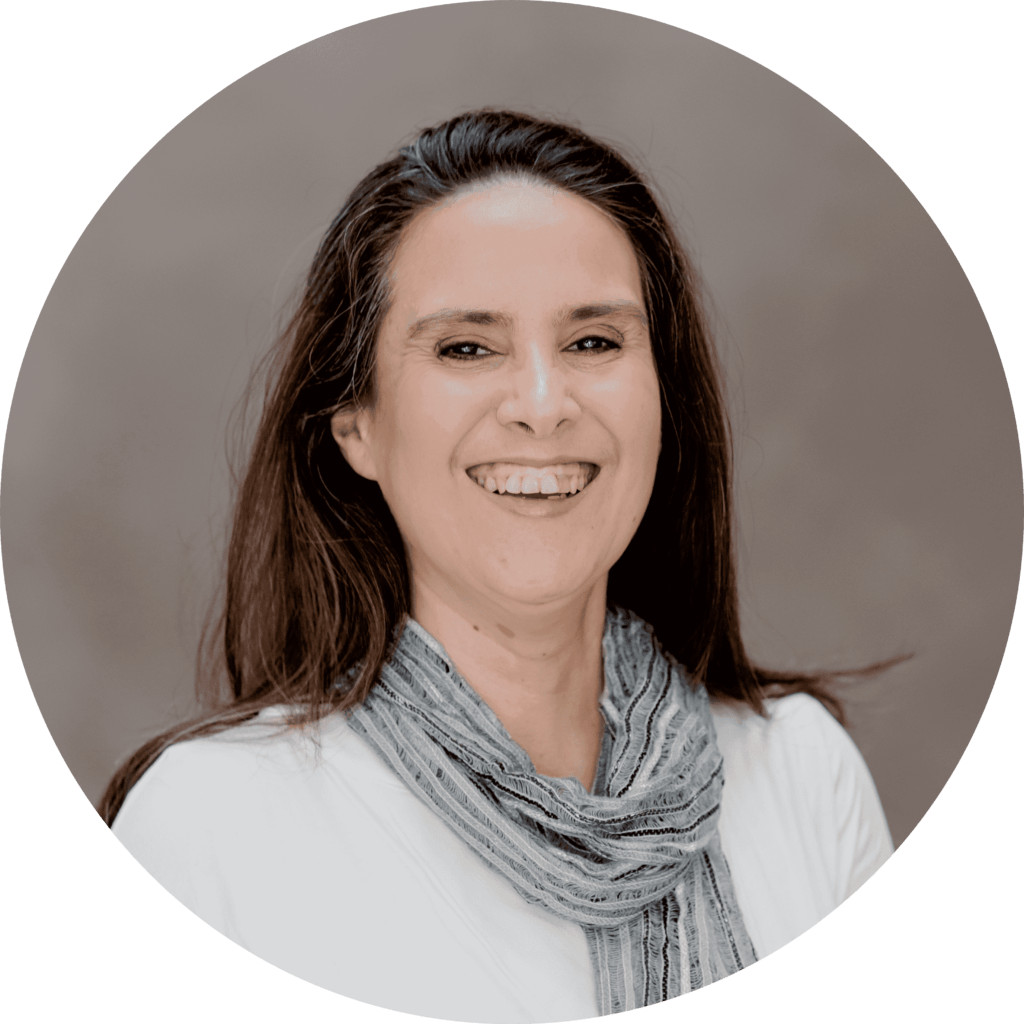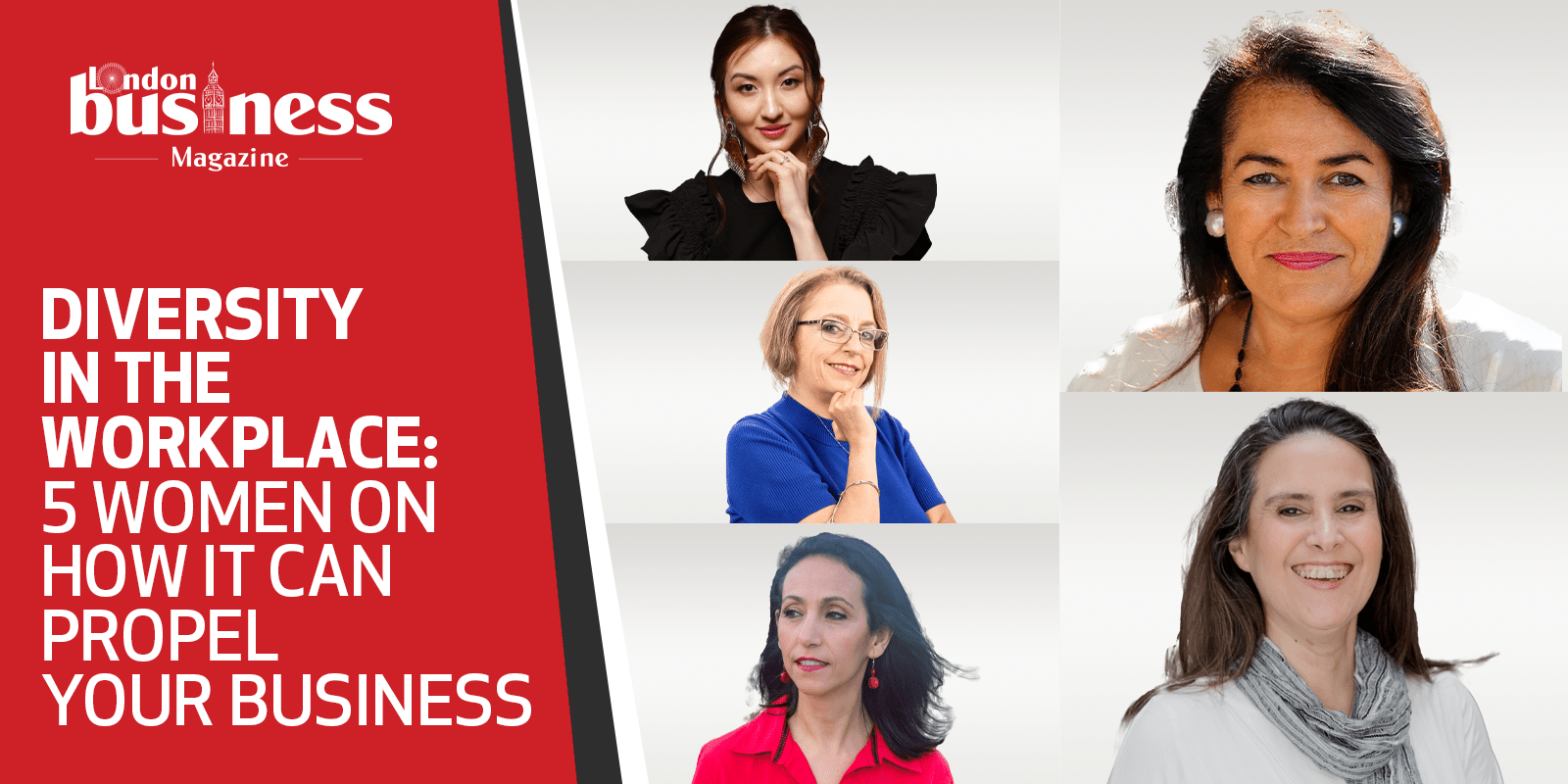
‘Diversity’ is a key buzzword that companies and institutions across all sectors reach out for. On the one hand, it can accurately describe the working practices of an organisation but on the other hand, its use may be limited to superficial PR devices in an appeal to progressive markets.
Genuine diversity exists on many levels. London Business Magazine has spoken with 5 women from various sectors, asking them about their interactions with diversity throughout their careers. Topics range from unconscious bias training and discrimination to transcending cosmetic gestures and challenging ableism.
This article is dedicated to the International Day for the Elimination of Racial Discrimination on 21st March.
Catharine O’Leary: “Leading by example at all levels”

In bringing businesses closer to their consumers, Catherine has developed SMART Quiz Solutions to ‘start a conversation’ with the ideal client.
Likewise, you need to start a conversation with the ideal employee.
In my 25 years as a corporate market research and consumer insights expert I’ve asked consumers every question imaginable about what they want, need, and would like next. These insights are priceless to continuously build consumer trust and loyalty.
I have seen similar research methodologies implemented to better understand employee needs, wants, and desires, particularly when it comes to diversity in the workplace. Utilising a survey or quiz as a platform to deliver educational information, dispel stereotypes, and increase awareness of new opportunities can be invaluable in building a culture of equality and inclusion.
By building a corporate culture of equality and inclusion, leadership is held accountable to delivering the same within their ranks. When leadership fails to be as diverse as they’ve encouraged within their corporations, employee trust is broken. Corporations need to recognize that just as there is competition for the best customers, there is competition for the best employees. Leading by example at all levels is key to a delivering diversity in the workplace.
Valerie Prasetyo: “Everybody adds their special viewpoint”

Founder of Independent Women Summit and a world peace ambassador, Valerie’s international career has seen her work on NFT projects, public speaking and professional dancing.
Living in 5 different countries has given her a particular insight on diversity.
Having a diverse background and after going through different types of discrimination (based on gender, ethnicity and country of origin) in the past, diversity and inclusivity are important factors in the projects I am involved in.
For example, one of the key values of Kolibri Productions Group is unity: being united as human beings. It does not matter what’s your skin color, native language, where you come from etc. What matters are your unique abilities, experience and the value you can bring to the workplace,
community or project.
The freelancers we work with are from Bangladesh, Britain , Pakistan, America, India, Poland, South Korea and many other countries. Everybody adds their special “view point” to the work we do. Yet, the intention is not to hire people based on “how diverse our team is”, because in this case, you would probably end up discriminating anyway. We hire people based on their capabilities, talents, creativity and ability to integrate into the team, making sure they are connected with the vision of the project.
Looking into the future, we are very excited about our new project and the community that we are currently building. We hope that all people will have the same opportunities to succeed, to make their dreams come true and to get access to an entrepreneurial lifestyle based on integrity and values.
Yasmina Rauber: “Develop new and innovative ideas”

Based in Switzerland, Yasmina has drawn upon her 25+ years of experience to head a Women in Leadership programme that trains Fortune 500 women leaders.
Her training extends to wellbeing and countering unconscious bias.
I’m a coach, and among other subjects I run leadership and unconscious bias training.
Carrie*, a VP in a medium-sized company, first approached me out of frustration from being ignored during meetings. Her proposals were side-lined by other members, unless a male executive repeated her ideas.
It’s precisely this old stereotype that “women are too emotional, men are rational, they can lead better” which needs to be debunked. I gave Carrie some easy “fixes” to the situation and my training does just that.
It gives women tools to make sure they are heard in a positive manner. Their voices can lead companies to develop new and innovative ideas.
People who have undergone my training, have said that the exercises push them to think further, and realise that they’re not alone in facing many of these issues. They understand how past situations affected them, and what needs to change to get what they want.
Carrie herself came back to me to say that she really saw a difference – not only in meetings – but in her productivity, satisfaction and peer recognition. She is seen, she is heard and she is making a difference.
*name changed
Claudia Romero: “The right support enables employees”

From Chile to Scotland, Claudia brought her management skills to bear when it came to setting up in a new country.
A working mother, her lived experiences have encouraged her to raise awareness about disability and the need to construct a more accessible world.
When we think about accessibility in the workplace, we still tend to automatically focus on physical adaptations such as wheelchair ramps. But for many of us, accessibility is as much about changes in attitude as it is about adapting the physical workspace.
As a mother of three sons, one with high-functioning autism and another with severe disabilities, I know all too well that workplaces aren’t always prepared for those with disabilities – or for those who care for them.
It’s estimated that around 5 million people in the UK balance their role as a carer with a full or part time job. I know first-hand how challenging life as a carer can be – I always need to be ready for anything; plans can change in an instant. It’s made me adaptable, organised, and able to handle change while delivering on time. Just the kind of skills that many employers are looking for.
However, because carers and disabled people can’t always work traditional hours, or need a little more support, they don’t always get the opportunities they deserve. The right support enables employees with unique and useful skills to feel confident that their needs are being met and understood, and that’s when they’ll truly shine.
Teuta Towler: “Stand up for genuine inclusion of women and minorities”

Having worked for the United Nations and raised the banner for women’s rights in post-war Kosovo, Teuta moved to the US and became a marketing consultant.
Now a professional coach with a focus on cross-cultural communication, she talks about how to take diversity from theory into practice.
In my coaching, speaking and training enterprise, The Peaceful Doers, I work with business leaders. They all stress about being able to make the numbers of diverse staff and board members look good on paper.
Unfortunately, after speaking with the individual staff and the board members, I find that for many organizations, it amounts to little more than quotas on Excel.
Companies invite women, or minorities, to be a part of the board but they then get interrupted and are unable to share their knowledge and wisdom.
Women – especially women of color – get interrupted in every meeting. It even happens in the United States Supreme Court. It’s absurd.
Now’s the time for leaders to wake up and stand up for genuine inclusion of women and minorities into their businesses – one that gives them a voice. They are not just a number on your spreadsheet to make your investors look good. They have value to add to every company, organization, or government agency.
One of the patterns I’ve noticed in my marketing agency, Mitro Digital Marketing, is that people who come from developing countries are more creative in solving problems and have a hunger for learning and change.
Remember, everyone has a unique talent and ability. Focus on your business needs and bring balance by hiring staff and board members from diverse backgrounds to fill those needs. Don’t just hire to make your business look colorful.





